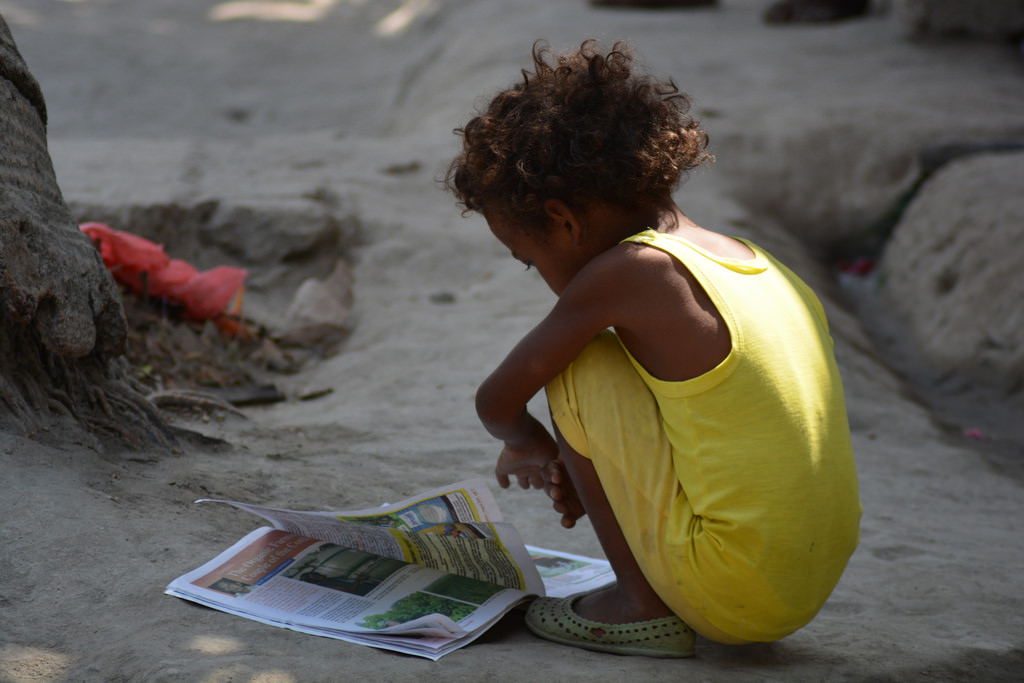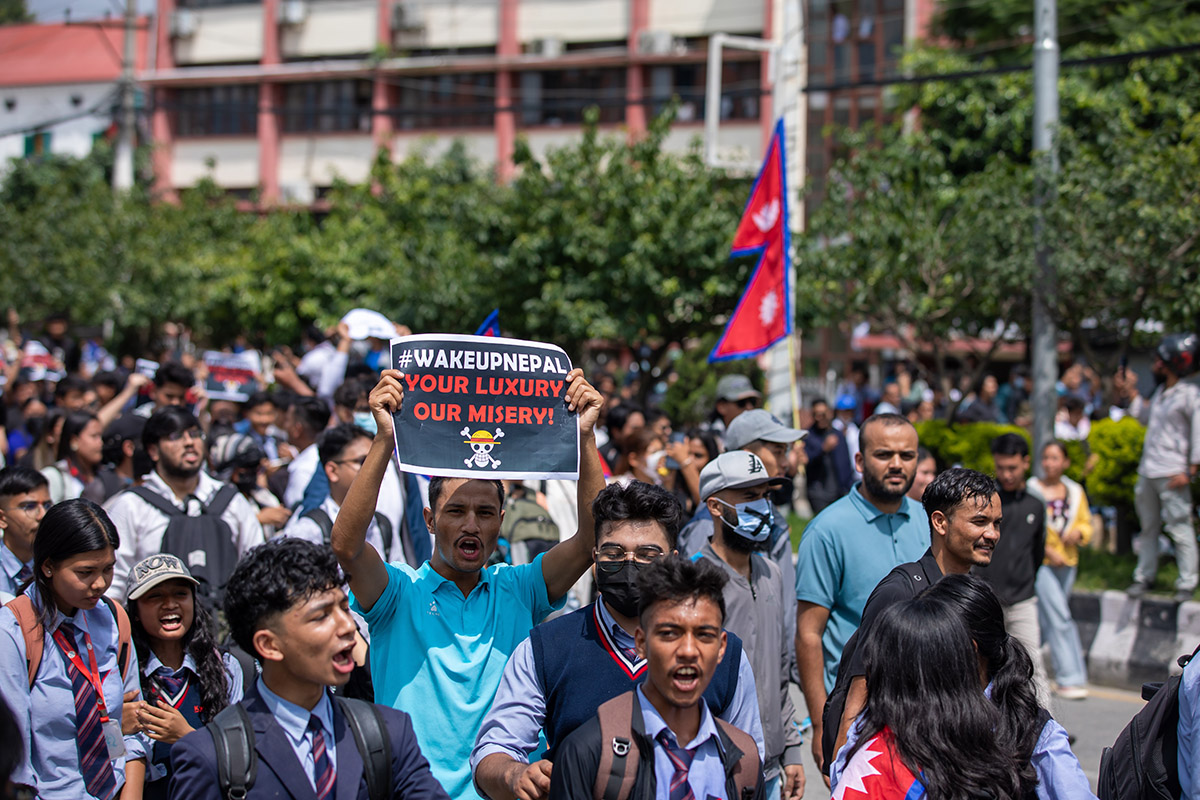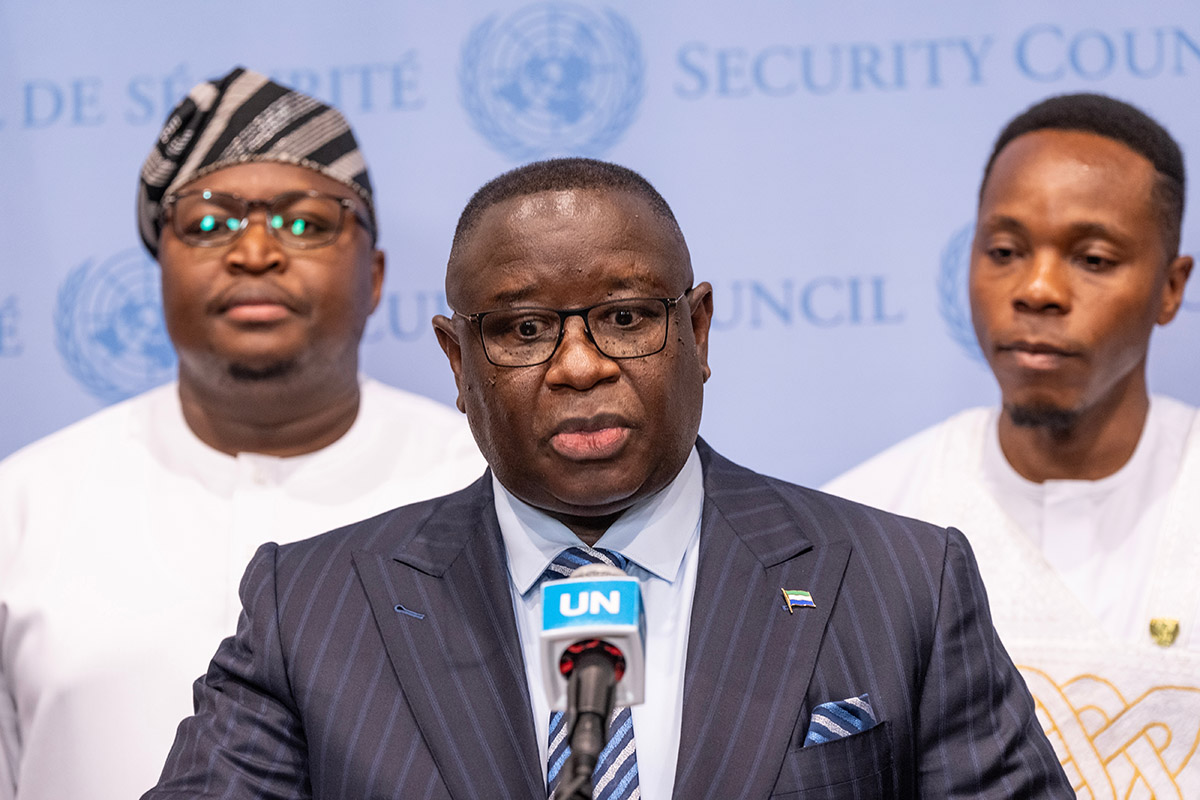“Censorship in Kenya: A nation plunged into information darkness”
July 30 Discrediting reporting by journalists has become the norm rather than the exception in Kenya, as the government keeps placing roadblocks on the work of journalists, writes Aisha Anne Habiba, 27, a Correspondent from Mombasa in Kenya.
Discrediting reporting by journalists has become the norm rather than the exception in Kenya, as the government keeps placing roadblocks on the work of journalists, writes Aisha Anne Habiba, 27, a Correspondent from Mombasa in Kenya.
Media houses in Kenya are facing increasing unorthodox ordinances in an attempt to gag them. Draconian laws enacted by the Kenyan government have created a hostile regulatory, political and legal milieu, forcing journalists to adopt self-censorship or ‘fiscing’ out of deference to controversial legislation. Curtails range from subtle forms of censorship to forthright imprisonment of journalists and bloggers. Media repression is taking place through ever-spiraling complex censorship including contentious anti-terror legislation.
In 2006, for example, armed and hooded police raided two branches of the Kenya Television Network following an altercation between the media organization and the government over a story it published regarding the former President Kibaki. The simultaneous invasion led to the temporary shut down of the leading media house as broadcasting equipment and newspapers were destroyed and/or confiscated. Journalists who were on duty were harassed and beaten while some were detained in police custody.
After the deadly siege in Nairobi’s upscale Westgate Mall by Al-Shabaaab militia in 2013, where 69 people were brutally murdered, the Kenyan Parliament proposed punitive laws to further control the media. The memorandum proposed that the Communications and Multimedia Appeals Tribunal dictate terms of freedom of expression for journalists, ban broadcasting/publishing of images of injured or dead people, and the imposition of fines and/or a three year jail term to anyone who would supposedly “undermine security operations”.
The opposition termed this plan as unwarranted and an unconstitutional harassment of journalists. The clauses were later suspended. Had the legislation been passed, however, a quasi-governmental complaints commission would have been instituted to handle complaints against journalists.
Insufficient broadband services impeded broadcasting when the digital broadcasting spectrum was launched in 2015. Under heavy police armour, the Communications Authority of Kenya raided transmissions of four leading media houses, switching off signals, and, in doing so, disenfranchised the public right to receive information.
At the time, the government was unwilling to adjudicate between home-grown media houses and foreign firms. They insisted on universal digital set top boxes that would allow third parties to air their content at a price. The move sparked outrage from the public and political leaders as the media houses were not granted requisite time to prepare for the transition.
Determined to protect private interests, the government has abdicated its responsibility, oftentimes plunging the public into “information darkness”. Discrediting reporting by journalists has become the norm rather than the exception in Kenya, as the government keeps placing roadblocks on the work of journalists.
Legal restrictions, too, have prevented journalists from disseminating information on Kenyan troops attacked by Al Shabaab in the El Adde invasion. An in an attempt to intimidate journalists, the Secretary of the Internal Security and Coordination publicly declared that those who circulated such information would be charged with being “sympathetic to Al-Shabaaab”.
The possible shutdown of social media by the government in the upcoming election is already hovering in the background. Indeed, Kenya’s media system is teetering on the brink.
Photo credit: WRComms via photopin (license)
…………………………………………………………………………………………………………………
About me: Working as a Gender, Communications and Research Assistant at an NGO, my passion is to inspire positive and sustainable breakthrough in the livelihoods of vulnerable women and children dealing with diminished status. I am ardent about the eradication of poverty caused by gender inequality because I believe that poverty is sexist. My ultimate goal is to be the next Wangari Maathai, an activist-writer who would pioneer a women’s movement aimed at lobbying for improved socioeconomic rights for women.
…………………………………………………………………………………………………………………
Opinions expressed in this article are those of the author and do not necessarily represent the views of the Commonwealth Youth Programme. Articles are published in a spirit of dialogue, respect and understanding. If you disagree, why not submit a response?
To learn more about becoming a Commonwealth Correspondent please visit: http://www.yourcommonwealth.org/submit-articles/




